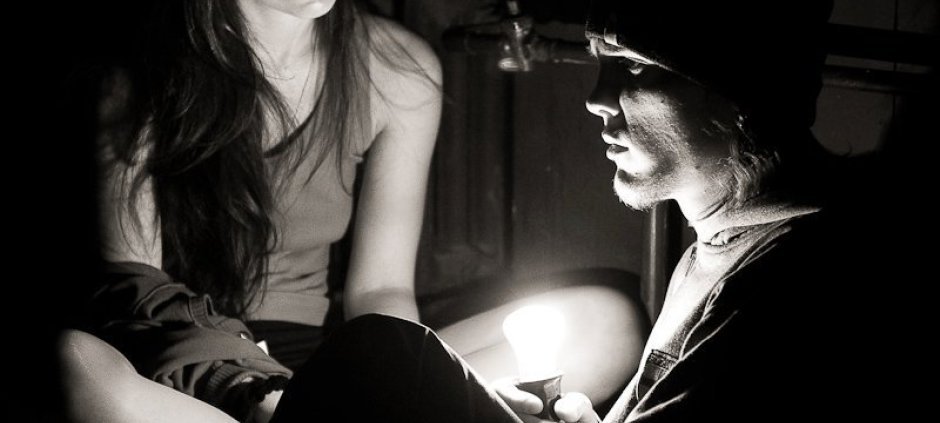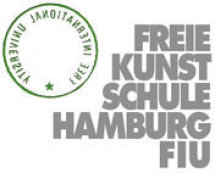It was founded in 2001 by Jelena Gremina, Michail Ugarow, Maxim Kurochkin, Ivan Wyrypajew, Olga Michailova, Jelena Isaeva, Georg Genoux, Alexander Rodionov, Alexander Wartanov and others. This is a non-state, non-commercial, independent common project. A lot of work is carried out by volunteers on their own will.
Starting from 2002, theatre has shown more than 50 plays, hosted a lot of cultural activities, poetry and cinema meetings.
DOCUMENTARY THEATRE
Most of the plays in Theatre.doc are made in genre of documentary theatre. Documentary theatre is based on non-fictional texts, interviews and destinies of real people; it is a special genre that stands on a line between art and constant social analysis.
«VERBATIM» TECHNIQUE
Creative team chooses a theme and starts poll among real people about whom they decided to ask specially for this play.
The questions themselves are very important. These questions are the basis for a future play.
Actors record interviews with a dictaphone and then bring written texts of these interviews and scene characters for the heroes.
Thus starts the work on a future play.
Orthodox “verbatim” is when there is no a single work added from the authors.
DEEP INTERVIEW
The “deep interviews” of an artist are a personal invention of the Theatre.doc. This is an immersion into hero’s circumstances. Actor appropriates documental materials of a character and gives interview, answer questions from am audience on his behalf as if he was a hero himself.
From idea of a poll to final interview play the main aim is to understand and analyze this interview as a scientist analyses a preserve.
Homepage Theatre.doc
A Short History of Verbatim Theatre in Russia
By Molly Flynn (Dramaturge at the Interdisciplinary theatrical laboratory NEDRAma and Department of Slavonic Studies, University of Cambridge):
“February 2012 marked the ten-year anniversary of one of Russia’s most prolific, vibrant and socially engaged theatre communities, Teatr.doc. As the first theatre in Russia dedicated solely to the production of new plays, Teatr.doc is a home to many of Russia’s most innovative theatre artists and the center of experimentation in documentary and ‘verbatim’ theatre in Russia. ‘Verbatim’ is a playwriting technique that allows theatre artists to respond to the concerns of their community with immediacy, and often gives voice to otherwise marginalized members of society. First a playwright or a director chooses an event from recent history or a theme of particular social relevance to their community as the subject matter for the play. Once the subject has been chosen, the playwright, and often a team of collaborators, proceed to interview as many people as possible who have been affected by the relevant event or social issue. In the most orthodox forms of ‘verbatim’ theatre, the playwright then composes the play entirely out of text from the transcripts without adding any words other than those spoken directly by the interviewees, or ‘information donors’ as they are sometimes called. Now widely practiced throughout the world, Russia’s theatre community was first introduced to ‘verbatim’ in a playwriting workshop led by representatives of London’s Royal Court Theatre in 1999. The Royal Court workshop came to Moscow at a particularly generative moment as Russian drama had seen an unprecedented shift throughout the 1990s. The birth of ‘New Russian Drama,’ as it has come to be known, started when young theatre artists, and specifically playwrights, brought new life to theatres across the country. With the revival of the Lyubimovka playwriting festival in the mid-1990s, and the dedication of a small group of influential writers like Nikolai Kolyda in Ekaterinburg, Vadim Levanov in Togliatti, and Elena Gremina in Moscow, Russian drama was in many senses reborn.
The Royal Court ‘verbatim’ workshop, organized by Gremina in collaboration with the British Council and produced under the auspices of the Golden Mask festival, was such a success that it was soon followed by Russia’s first documentary theatre festival and a second Royal Court workshop the following year. In 2002 a committed collective of playwrights and directors founded Teatr.doc. in order to create a space for continued experimentation in documentary theatre and the production of new plays. Since the founders of Teatr.doc first opened the doors to their small basement black-box theatre on Trekhprudnii Pereulok not far from Moscow’s Pushkinskaya Metro station, their audiences have had the opportunity to watch, discuss, and even participate in the most innovative and political theatre in the country.
Some past productions of note include Alexander Rodionov’s ‘War of the Moldovans for a cardboard box’ (Bor’ba Moldovan za kartonuiu korobku) created in 2003 from interviews with Moscow’s growing population of migrant workers, Elena Gremina’s ‘September.doc’ (Sent’iabr.doc) composed of texts which express opposing public reactions to the 2004 Beslan school siege, and ‘Democracy.doc’ (Demokratiia.doc) an interactive performance about the nature of democracy in Russia conceived of in 2008 by director Georg Genoux, playwright Nina Belenitskaya, and the psychologists Arman Bekenov and Elena Margo.
Many Teatr.doc productions continue to tour internationally and some have been translated and performed in theatres around the world. The 2009 production ‘One Hour Eighteen’ (Chas Vosemnadtsat), composed by Gremina and directed by Mikhail Ugarov has garnered particular recognition abroad. Based on statements from the medical and prison staff involved in the final hours before the death of Russian attorney Sergei Magnitsky, ‘One Hour Eighteen’ has become a rallying point for a number of organizations in their fight against human rights violations in contemporary Russia and was performed in translation both in London and Washington D.C. on the second anniversary of Magnitsky’s death….”
Molly Flynn : A Short History of Verbatim Theatre in Russia



